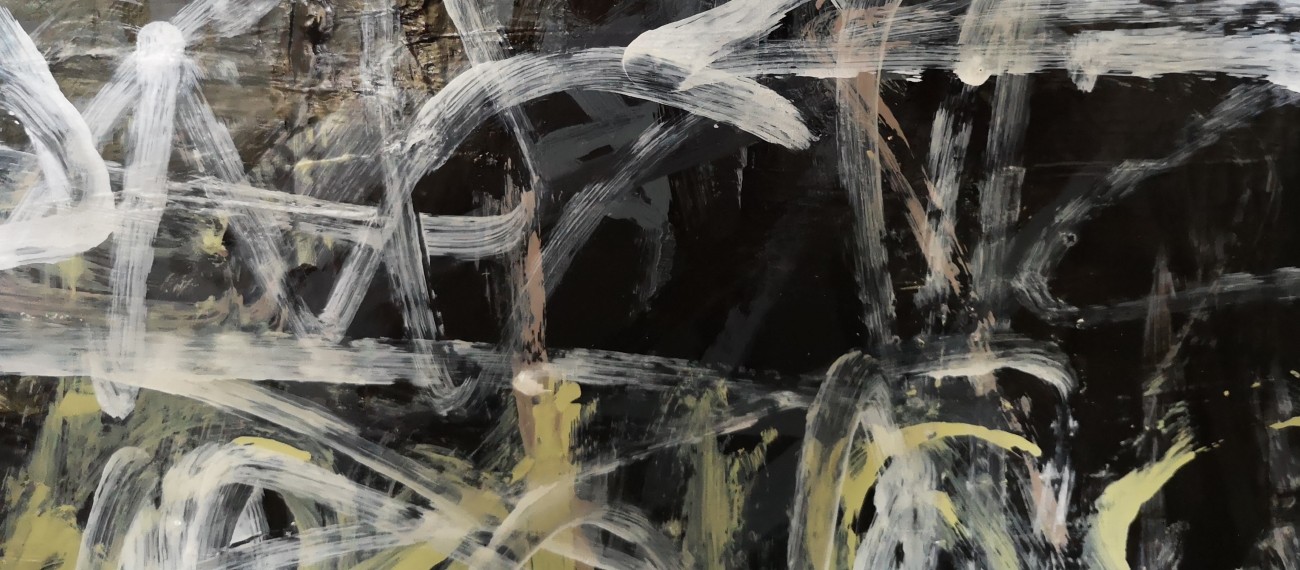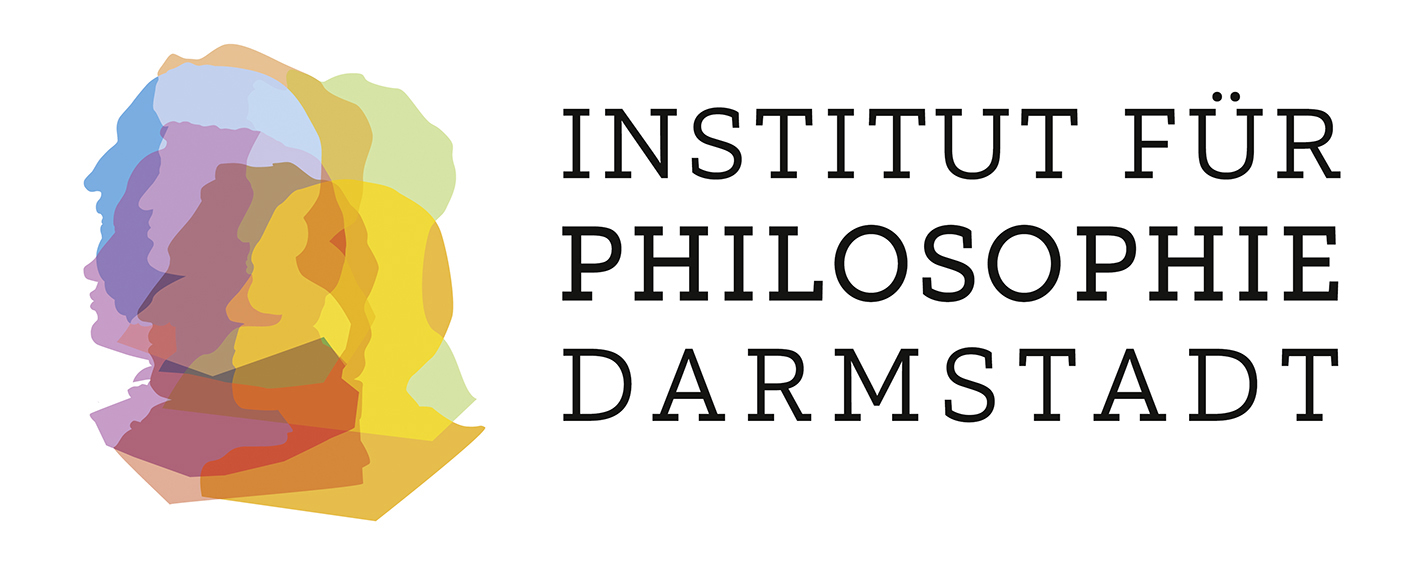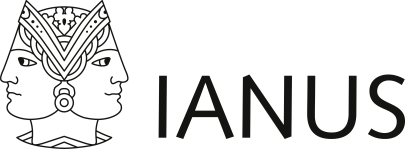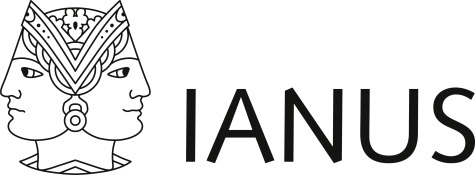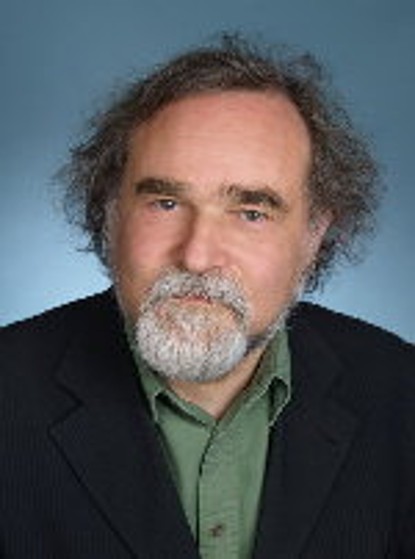Main Questions and Fields of Research
The following research projects contribute to the larger research agenda of History and Philosophy of Technoscience. Its questions include all the ones that are raised by the History and Philosophy of Science – and then some (see Science vs. Technoscience – A Primer (wird in neuem Tab geöffnet)). For example, there are questions of
- epistemology – objectivity of knowledge, characteristic modes of inference and evidentiary warrant, the role of theory, the concepts of explanation and understanding, qualitative and quantitative reasoning
- ontology – constitution of research objects, dispositions and affordances, structure-property relations, conservation principles
- representing and intervening – simulation modelling, visualization techniques, media practices, research technologies, design.
The overall aim of these various projects is to philosophically appreciate not only how the sciences forge and ascertain agreement between theory and reality but also how the technosciences produce working knowledge through the acquisition and demonstration of capacities of control. It considers the cultural significance not only of developing theories to describe nature in physics, chemistry, or biology, but also of making a world in physics, synthetic chemistry, materials science, biomedical or nanotechnological research. This speaks to contemporary ways of valuing science and technoscience, to the ambivalent legacy of Enlightenment ideals after the invention of the knowledge society, in the age of innovation. It allows us to revisit the relation of art and technology and that of representing and intervening – with priority given to principles of composing things in works of technological art.
Journal Technology and Language
This new journal is dedicated to interdisciplinary explorations at the interface of technology and language – including philosophical reflections of language as technology and technology as language, studies of the literary treatment of technical catastrophes or of the theatre as a machine, issues of multilingualism and our technological condition, techniques and technologies of language instruction, computer programs as symbolic objects and technological instructions, the grammar of things and the interplay of technical features and communication patterns in social media. See here for a gallery of published issues.
Bookseries History and Philosophy of Technoscience
This series of monographs and collected papers explores research practice by foregrounding its technological setting – when the problems to be investigated are themselves the product of science and technology in the modern world, when researchers rely on instruments, computational methods, or media technologies, when results change the world materially more so than our ideas. From nanotechnology to the environmental sciences, from alchemy to pharmacy, from solid state physics to human factors research, how are problems defined, what counts as an explanation, how are findings validated, how do values enter in? And most importantly for civic observers of contemporary research: How is robustness and reliability achieved even where we lack scientific understanding? – As of 2021, 19 volumes have appeared with several forthcoming.
Heinrich Hertz and Ludwig Wittgenstein
For work on the physics and philosophy of Heinrich Hertz, on the philosophy of Ludwig Wittgenstein, on their shared interest in the mechanics of representation, the problems of philosophy and the problem of technology see the list of publications.
For a searchable bibliography of primary and secondary sources on all aspects of the life and work of Heinrich Hertz see http://hertz.ulb.tu-darmstadt.de
Working Knowledge and the Grammar of Things
Picking up where earlier collaborations with Davis Baird left off, the notion of working knowledge is juxtaposed to that of thing knowledge – with. Sachlichkeit as the epistemic virtue for the acquisition and demonstration of ways to make things work together. These ways of composing things involve rules or manuals of composition which distinguish genre of technological art – mechanical, electrical, software engineering each have their own grammars of things.
These considerations contribute to the epistemology of technoscience, they informed the December 2016 workshop on a Laocoön for the technological arts (and subsequent summer schools, see below), and the June 2017 conference of the Society for Philosophy and Technology (SPT 2017) on „The Grammar of Things.“
Laocoön 2016 and Padua Summer Schools
In 1766 Gotthold Ephraim Lessing began a series of discussions that continue today. His theoretical reflections on Laocoön – or on the Limits of Painting and Poetry pompted a 2014/15 lecture-series that prepared for various activities in the year of their 250th anniversary.
A collaboration with the ZHdK (Zurich University of the Arts) revolved around „The Pain of the Other“ and the limits of its representation through the arts. In April 2016, selected students from game-design, theatre, music,dance, and the arts showcase their work on this subject. – This was followed In November 2016 by an art and theory festival that premieres a variety of works on the topic and features, among others, philosophy students from Darmstadt who will enact an encounter between aesthetic theory and artistic practice.
From December 5 to 7, 2016, took place in Padua an international workshop co-organized with Fabio Grigenti from the University of Padua: Principles of Composition – Towards a Laocoon of Technological Art. There will be five sessons that are dedicated in equal measure to „the technical workings of works of art“ and to the „the artful workings of technical works“ – with special consideration given to Lessing, Francis Bacon and Ludwig Wittgenstein. Contributors included Natascha Adamowsky, Gernot Böhme, Anne Eusterschulte, Steffi Hobuß, Christoph Jamme, Katharina Kaiser, Mario Kaiser, Werner Kogge, Wolfgang Krohn, Dieter Mersch, Anne Pollok, Astrid Schwarz, Otto Sibum, Dirk Westerkamp..
The workshop and collaboration with Fabio Grigenti gave rise to the Padua Summer Schools on Philosophy and Cultural Studies of Technology, the first in September 2019: „Playgrounds – art, techné, and the Socialization of People and Things.“ The topic of the next summer school (as yet unscheduled) is „Mimesis and Composition – Anthropological Perspectives on Technology and Art.“
IANUS, Nuclear Condition(s), and the IANUS-Peacelab
There is a 30+ years tradition of natural science and engineering-based research for peace at TU Darmstadt. In recent years, The so-called IANUS-group explored the ways in which science and technology contribute to the creation and resolution of conflict and the advancement of peace. To the core concerns of Responsible Research and Innovation it adds the question how science and technology can be oriented not only to societal values such as sustainability, social justice, or privacy but also to the creation and preservation of condtions for peaceful cooperation.
One recent line of research in the IANUS-context took the perspective of Science and Technology Studies and of the Philosophy of Technoscience to analyze and engage with current discourse on nuclear disarmament – in a time where the notions of deterrence or mutual assured destruction have given way to concerns about the proper management of arsenals and the technical problem of assuring that nuclear arms are in the „right hands.“ A main part of this work was to bring together a network of researchers under the heading of Nuclear Condition(s): Politics, Technology, Philosophy. It also offered nuclear engineers an opportunity to reflect their expanded responsibilities as security theory meets the management of nuclear materials.
Due to the re-organization of IANUS at TU Darmstadt, the philosophical focus of IANUS-work has shifted to the inclusion and engagement of civil society. The IANUS-peacelab is situated in a makerspace, seeking to promote peace-oriented research and technological development among citizen scientists. One of the first projects concerns the critical significance of biodiversity and ecological thought as a response to the so-called ecocide and the reduction of insect species.
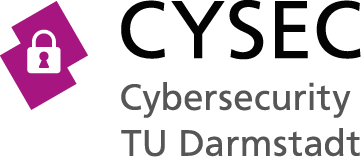
KRITIS, CYSEC, and CompuGene – research partnerships and other activities
- Faculty of the KRITIS Research Training Group „Critical Infrastructures: Construction, Function Failures, and Protection in Cities“ with a focus on working knowledge of complex material systems, their resilience and vulnerability – including a smaller group of graduates dedicated to pandemic effects (since Fall of 2016)
- Co-PI at CYSEC with a focus on reframing and extending the distinction of cybersafety and cybersecurity: To make nuclear technologies or IT-systems safe, one seeks to identify and remediate the likelihood of accidents or other kinds of technology vulnerability. To establish nuclear or IT security one seeks to incorporate values like peace or transparency into a system of use, and one seeks to provide the means of reducing conflict over the use of the technology.
- Interdisziplinärer Studienschwerpunkt Wissenschafts- und Technikforschung: Normen, Ambivalenzen, Gestaltungsoptionen (NAG)

